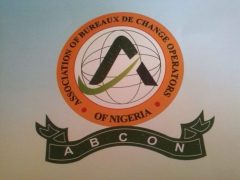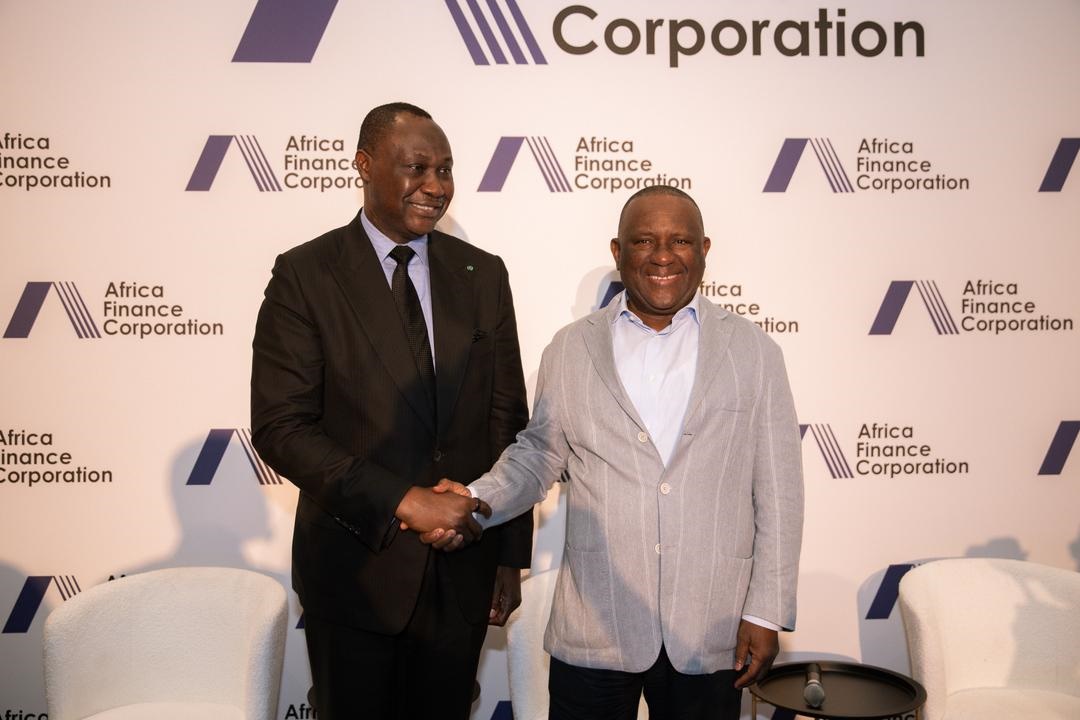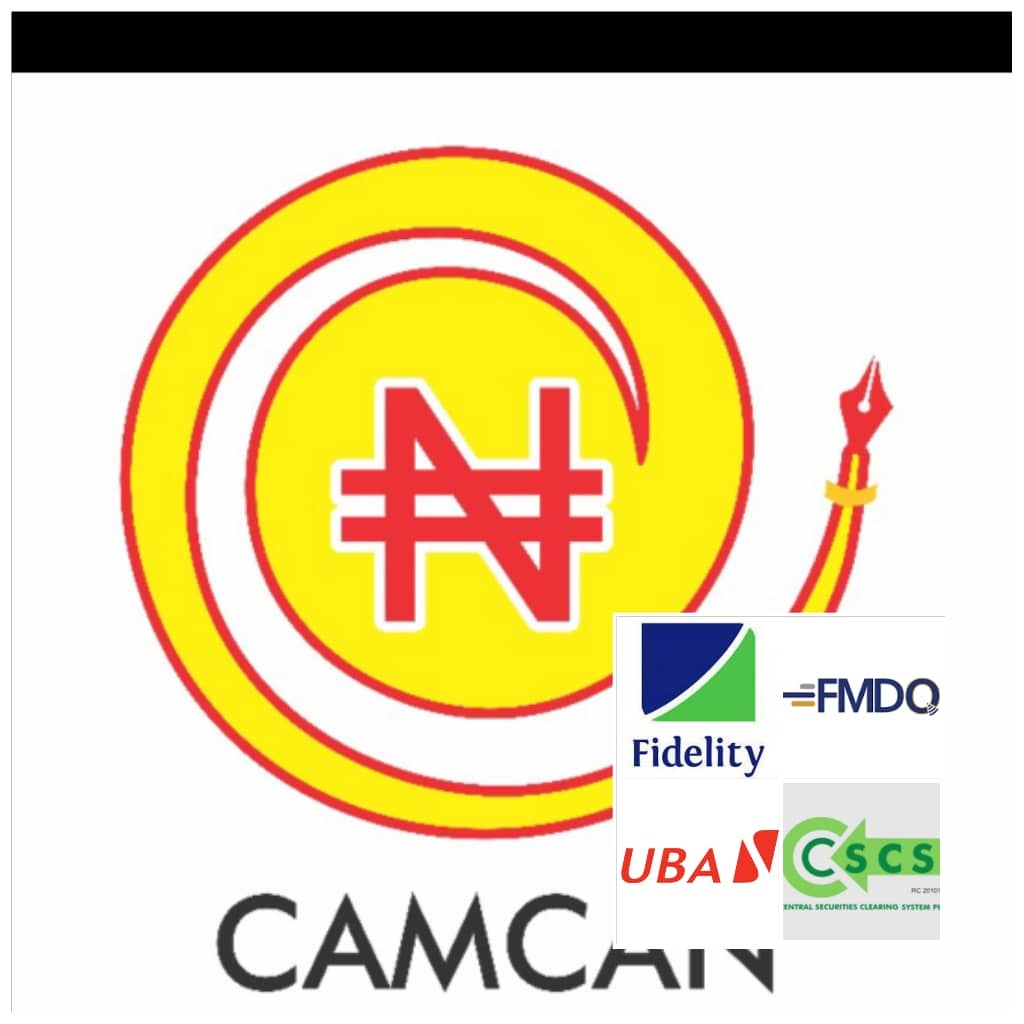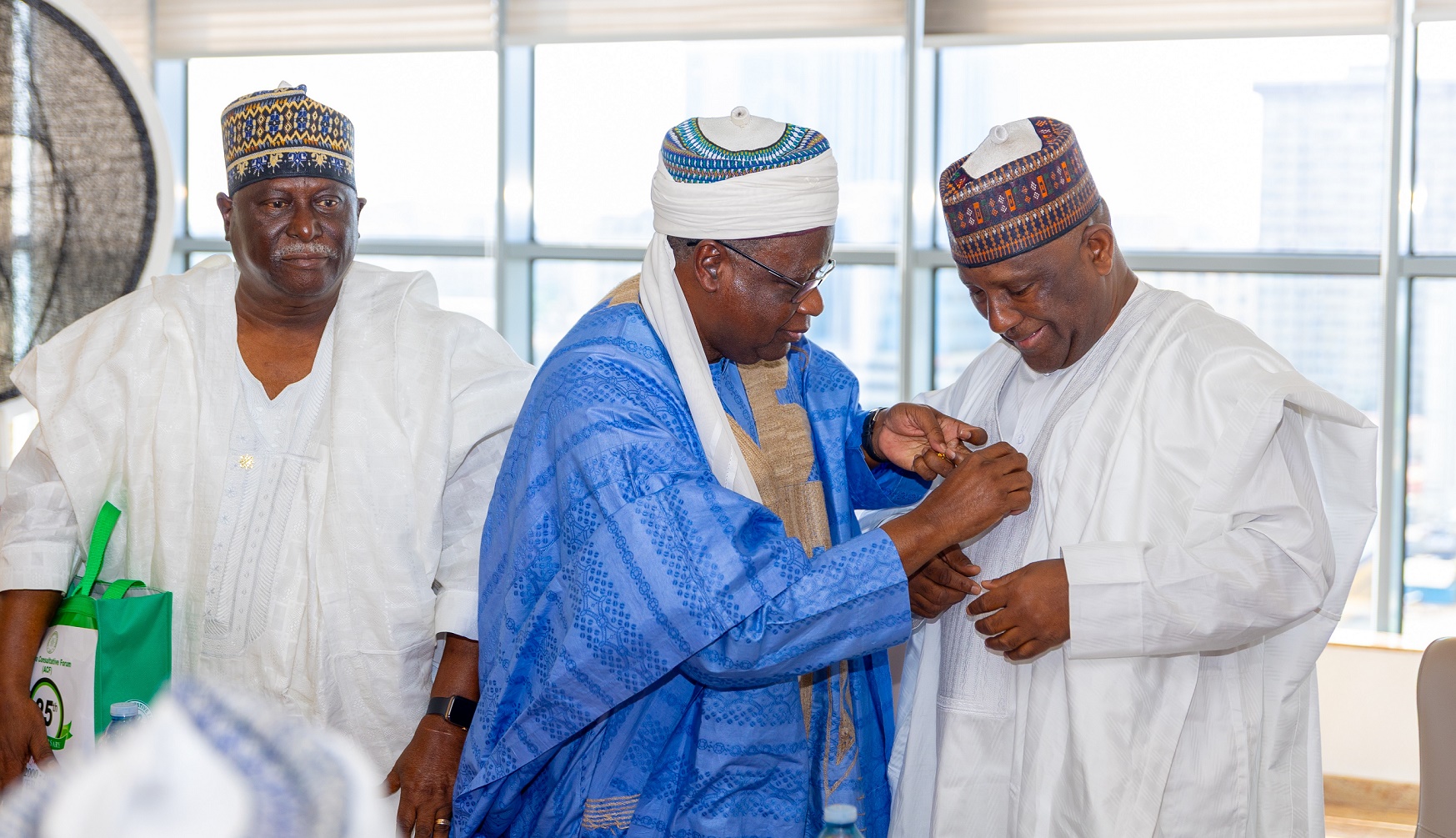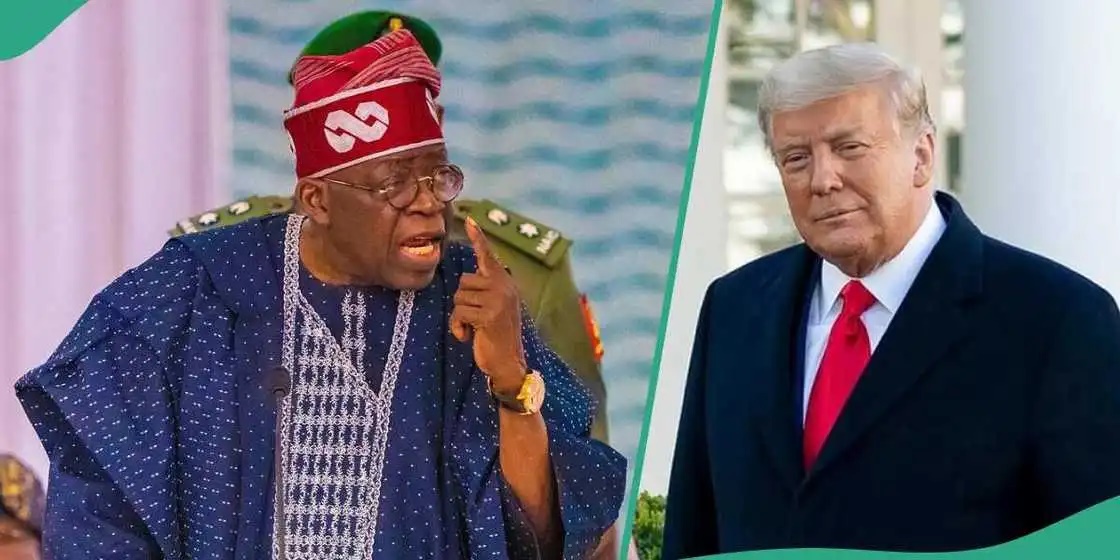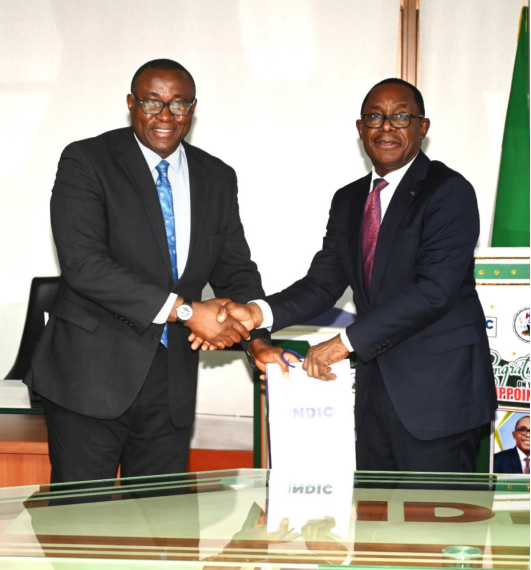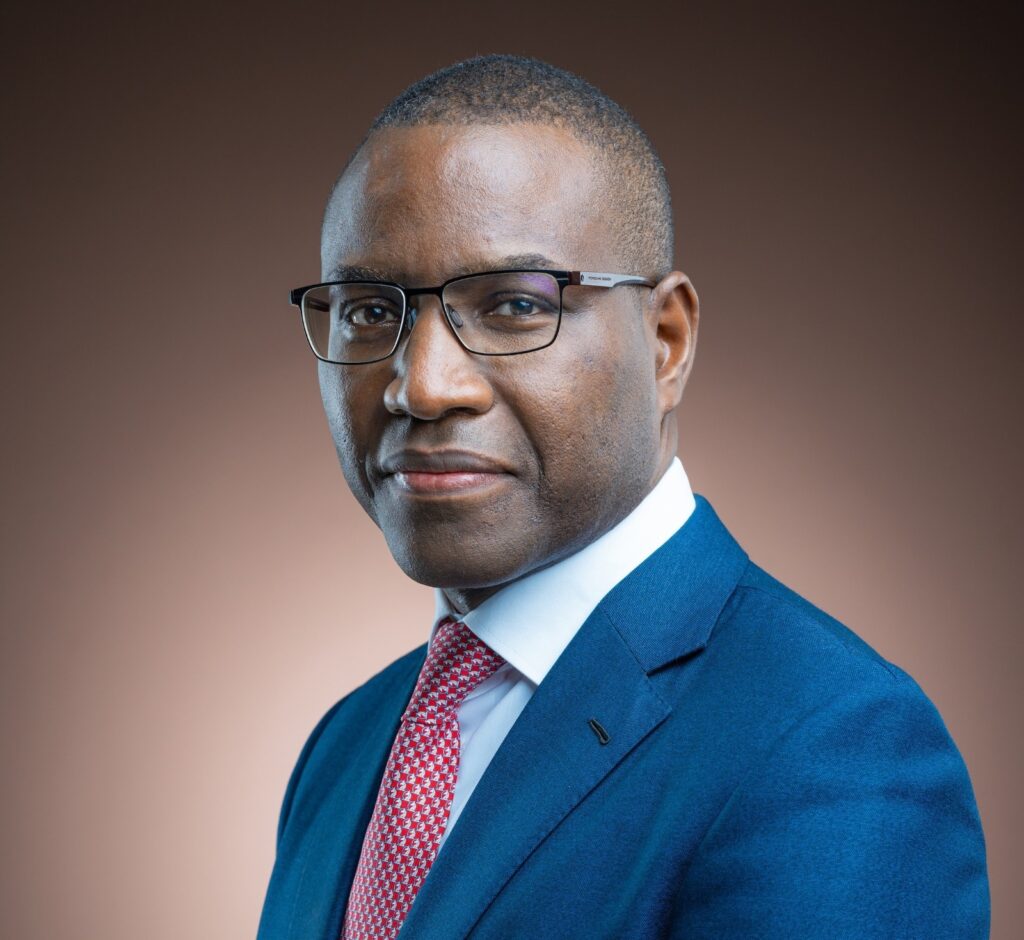
Amadou Hott, a former Vice President for Energy, Green Growth and Climate Change at the African Development Bank’s (AfDB), and Senegal’s Minister of Economy, Planning and Cooperation, says the central pillar of his agenda as President of the bank, where he is gunning for the top job, is the promotion of private sector engagement as a key driver of job creation and economic dynamism.
As the AfDB begins its annual meeting in Abidjan this week, Holt, who is seeking to replace Dr. Akinwunmi Adesina, says his vision for Africa’s economic transformation, includes regional integration, private sector engagement, and affordable financing as the cornerstones of his agenda in several media engagements with African and international outlets.
Hott stressed the urgent need to accelerate Africa’s transformation through bold yet pragmatic reforms, highlighting the importance of regional integration and improved connectivity to foster economic growth.
He called for enhanced trade infrastructure and mechanisms to unlock the continent’s full potential, stressing that with 1.4bn people scattered across many countries, each with its own rules and regulations, there is need to “attract massive investment and create jobs.
“We must work on our integration and improve intra-African trade,” he was quoted as telling South Africa’s CNBC in an interview.
Hott also plans to promote private sector engagement as a key driver of job creation and economic dynamism, pledging to triple AfDB’s private sector operations over the next decade, including the establishment of a dedicated vice presidency for private sector development. This new structure aims to streamline collaboration with businesses of all sizes, from SMEs to large conglomerates, and to expand tailored credit lines and guarantees for African banks.
Addressing the challenge of Africa’s high cost of capital, Hott called for urgent measures to reduce borrowing costs by improving credit ratings and lowering risk premiums.
He argued that affordable financing is essential to accelerate development projects and support both public and private sector growth.
Speaking to Bloomberg recently, Hott dived into how he intends to leverage Africa’s domestic wealth, stressingthat the continent “cannot afford to wait for others to lead us forward.
“Africa’s future will be built not just on external support, but on our own wealth, our talent, and our ability to structure opportunities at scale. We must do it ourselves, and the Bank must be at the center of that transformation,” he said.
Hott’s vision also prioritizes education and skills development.
“I do not believe Africa’s future should be built on exporting its talent out of necessity. Emigration must be a choice, not a development strategy. When our youth leave because they cannot find opportunity at home, that is not success—it is a sign that we must do more,” he told Nigeria’s BusinessDay newspaper in an interview, while sharing how his own story inspired his vision.
Positioning himself as a unifying leader, Hott emphasized on his intentions to foster an environment of institutional agility and increased impact and streamline the bank’s operations for speed, scale and impact. He further emphasized on the importance of collaboration among regional and non-regional stakeholders, development banks, the private sector, and African entrepreneurs and offered that the bank serves as the bridge builder among all these stakeholders.
He called for collective action to address the continent’s pressing challenges, including youth unemployment, poverty, and inequality. “My passion is Africa. I have always worked to mobilize resources, build partnerships, and deliver impact, not just for my country, but for the entire continent,” Hott affirmed.
As Africa faces declining aid, geopolitical uncertainties, and the imperative for job creation, Amadou Hott’s vision for the AfDB signals a transformative path toward self-reliance, dynamic growth, and shared prosperity.





